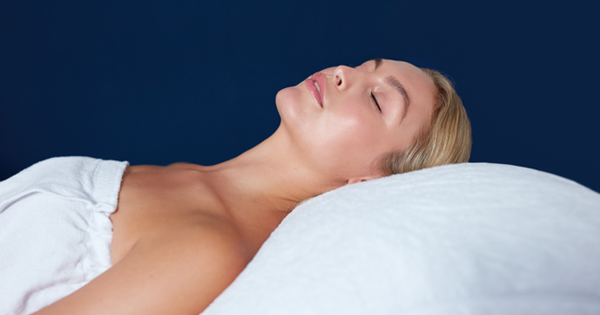Advertisement
Doctors weigh in: You cannot train your body to function on less sleep than it actually needs.
Dr. Sigrid Veasy, professor at the Center for Sleep and Circadian Neurobiology at the University of Pennsylvania’s Perelmann School of Medicine, insists upon this. People who claim that they can perform just as well when they’re sleep deprived are simply “deluding” themselves.
Because our brains are already compromised by limited sleep, we’re far more likely to assume ourselves capable of doing things – functioning on less sleep – that we’re not actually able to do. “The more you deprive yourself of sleep over long periods of time, the less accurate you are of judging your own sleep perception,” Dr. Veasy explains.
It is true that people do differ in their sleep needs. But even then, individuals who fall into particular age ranges do have corresponding ranges of hours that they should be sleeping each night. The average adult needs seven to nine hours, people over 65 should get seven to eight, teenagers should sleep between eight to ten hours, and schoolchildren need nine to 11 hours each night.
The best method of gauging how much sleep you need is getting rest on an extended vacation. Having the freedom to sleep more hours will allow your body to both catch up on lost sleep, and to regulate its own sleep needs.
But in the absence of that extended vacation, it’s important to simply listen to your body’s needs. Dr. Veasy explains that if “your brain is much sharper, your temper is better, you’re paying attention more effectively…then definitely get more sleep.”
Try to avoid keeping your body awake when it’s telling you to wind down. Don’t drink caffeine too late in the day, avoid computer screens an hour before bedtime, and don’t exercise when your body wants to rest. All these decisions can help you find and maintain your body’s natural sleep-wake cycle and help you function at full capacity with the sleep you need.




